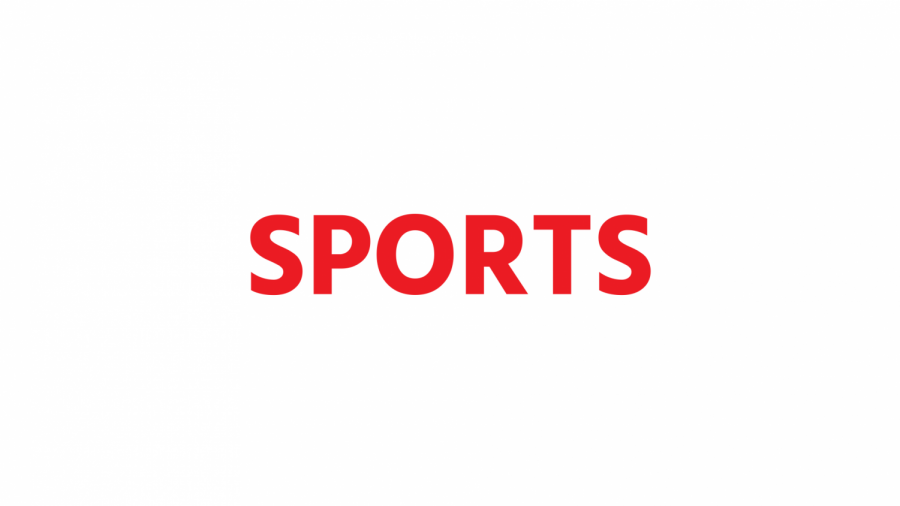FBI investigation should be NCAA tipping point
February 27, 2018
The college basketball world has once again been turned upside down with another major development in the FBI’s investigation into widespread violations of the NCAA’s amateurism rules. Documents published by Yahoo Sports have brought to light just a glimpse of the amount of corruption in college athletics, proving that the last revelations were just the tip of the iceberg.
The NCAA, which is supposed to have its own investigators to handle issues like this, has been completely blind to the absurd amount of violations that schools have committed right under the organization’s nose.
“These allegations, if true, point to systematic failures that must be fixed and fixed now if we want college sports in America,” NCAA President Mark Emmert said in a statement. “Simply put, people who engage in this kind of behavior have no place in college sports. They are an affront to all those who play by the rules.”
But what Emmert fails to realize (or chooses to ignore) is that the violators of NCAA amateurism rules have been running rampant and largely unchecked until now. And even when it has been caught, it hasn’t been prevented. The current scandal involves allegations of sports agents providing loans and gifts to potential future clients, which is the exact same thing that happened over 20 years ago when University of Massachusetts freshman Marcus Camby received $28,000 from two agents. When the violation was revealed, UMass was forced to vacate its 1996 Final Four appearance.
But the same violations continue today. With the latest allegations revealed, there are now 19 schools implicated in the FBI’s investigation:
-
Duke University
-
University of North Carolina
-
University of Kansas
-
University of Kentucky
-
Michigan State University
-
University of Maryland
-
Xavier University
-
North Carolina State University
-
University of Louisville
-
University of Texas
-
University of Alabama
-
Seton Hall University
-
University of Utah
-
Louisiana State University
-
University of Southern California
-
Clemson University
-
Wichita State University
-
University of Washington
-
University of South Carolina
Those teams make up seven of the NCAA’s last 10 National Champions in basketball.
If the NCAA wants to assure that schools stop breaking rules, they have two options: they can bring the hammer down, tearing down some of the top college basketball programs (as they’ve already done with Louisville) and hope that it instills fear for the future to keep this from happening again. Or the NCAA could just change the rules.
It’s pretty clear that amateurism isn’t what it’s supposed to be. Student-athletes, specifically those that are headed to the NBA, are mere months away from millions of dollars. But in the meantime, they have to do all the work they’ll be doing at the next level, including the photoshoots, the workouts, the practices, the media availability and so much more without pay.
I’m not saying that the schools should hand over the fortune that they’re making off of their student-athletes, because even though college athletics can be a gold mine for some schools, that’s not the case for every school.
But simply allowing student-athletes to be paid to license themselves would solve the problem. Star college athletes from any sport could take sponsorship deals with anyone, from apparel companies like Nike to the car dealership down the street, allowing them to license themselves and make money for their public figure status.
And in an effort to make these endorsement deals, players could have agents to broker their deals, helping to resolve the current issue of agents being caught passing loans and gifts along to current and former NCAA athletes.
As these violations continue to be revealed (there will almost certainly be more), the NCAA has to realize that this could all be stopped by simply allowing players to independently make money.
A black market in “amateur” athletics currently exists. The smartest thing the NCAA can do instead of banning it is embrace it, and allow players to reap the financial benefits of representation.
Sports editor Jeremy Chisenhall can be reached at 270-745-6291 and [email protected]. Follow him on Twitter at @JSChisenhall.













